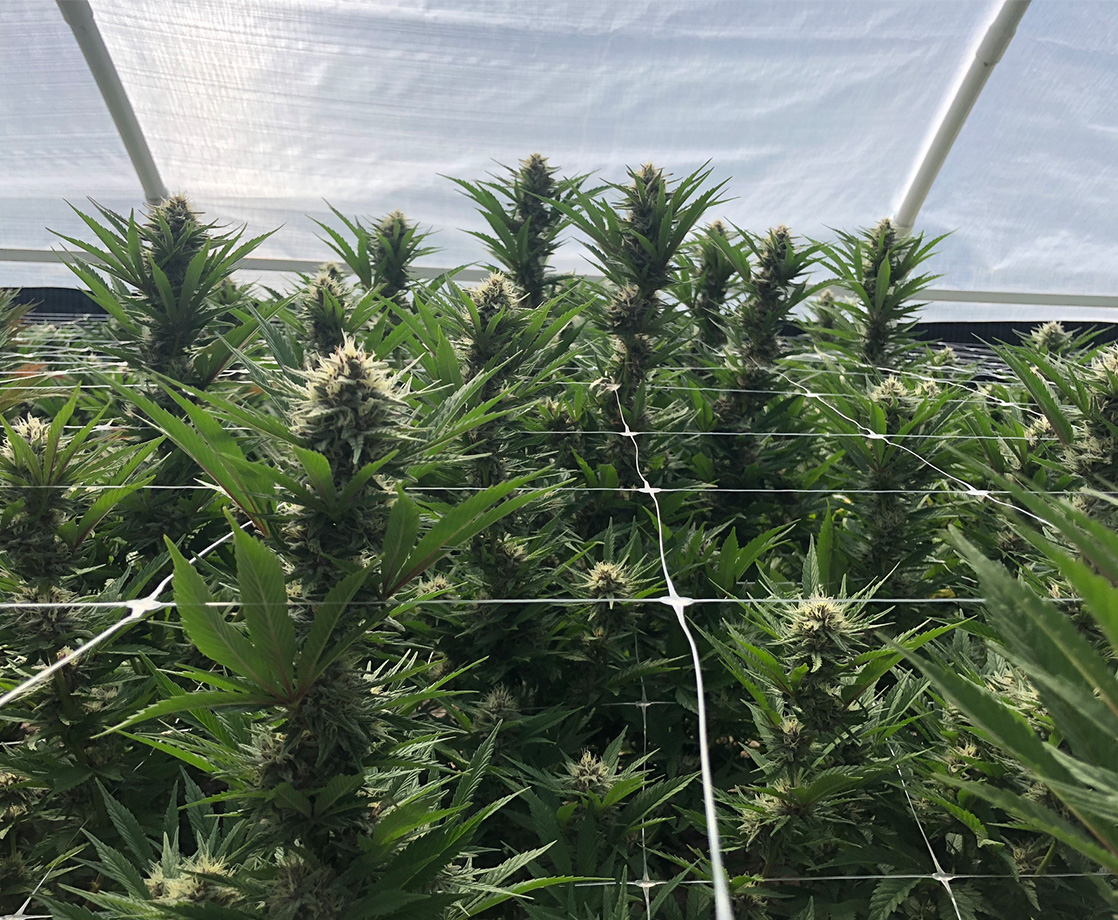When Proposition 64 became law in 2016, it gave every individual municipality in California the right to opt out of the legal weed industry by prohibiting cannabis businesses within their jurisdiction. Surprisingly, around 80 percent of city, town, and county governments have chosen to do so, leaving the state’s adult-use industry scrambling to find a place to set up shop.
According to a new report by the Los Angeles Times, Santa Barbara County is one of the few municipalities that has chosen to buck this trend, developing a relaxed set of cultivation regulations that have lured many large cannabis growers to break ground on their county’s soil.
Potential cannabis growers and their advocates lobbied two county supervisors, Das Williams and Steve Lavagnino, who successfully pushed to get a number of pot-friendly regulations approved. Unlike other counties, Santa Barbara does not have a cap on the size or number of grow operations. Supervisors also decided not to bother with vetting cultivation applications or even conducting site inspections.
The county also chose to tax local weed businesses based on gross revenue, instead of licensed square footage, as other counties do. The county has no way to actually verify the exact revenue that local growers report, however, and is subsequently receiving far less tax revenue than it had anticipated.
Thanks to these regulations, Santa Barbara weed farms account for 35 percent of all cultivation licenses issued in the Golden State this year, even though the county makes up less than 2 percent of the state’s land. Humboldt County, which has long been California’s home of weed cultivation, only snagged 22 percent of this year’s licenses — possibly due to the fact that many Humboldt weed growers have chosen to buck the law and grow for the black market.
Although Santa Barbara’s lax regulations have been a boon to cannabis cultivators, they have angered many of the county’s longstanding vineyards and avocado farms. Last month, pest control companies in the Carpinteria Valley suddenly decided not to spray pesticides on avocado farms, fearing that neighboring pot farms could sue them over pesticide runoff.
Vineyards have also complained that the odor emanating from weed grows is ruining their wine-tasting events. “The skunk smell is a deterrent to other animals and humans,” Tyler Thomas, vintner at Dierberg, a vineyard surrounded by legal pot farms, said to the Los Angeles Times. “We have human beings coming to our tasting room we don’t want to deter.” Carpinteria Valley is requiring growers to install odor control systems, but rural growers like those near Dierberg are not required to do so.
In response to these complaints, the county is now trying to tighten up its regulations. Most of the existing growers are operating under temporary cultivation licenses that were granted by the state in order to ease the transition into legal grows. These licenses are expiring this year, and cultivators who wish to stay in business must complete a stricter land-use permitting process, which allows farms’ neighbors to appeal.
Farms that receive final licenses will be held to stricter regulations by the county. Every licensed farmer will be required to tag and inventory every plant to ensure that all taxes are paid in full, and that all plants are sold to licensed distributors. Local police have also eradicated over 20 licensed farms who intentionally provided incorrect information during their application process, and are investigating several other growers for similar infractions.











